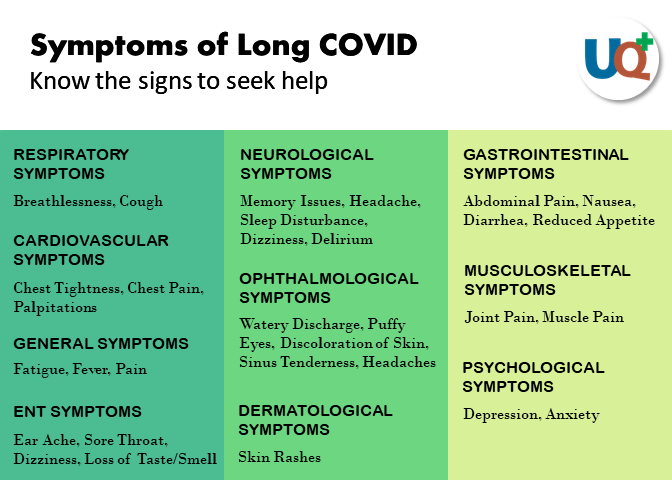Long COVID: Symptoms & Care

Jitendra Prabhu (patient’s name and identity has been changed for privacy reasons) had recovered from COVID infection in a hospital and was duly discharged. However, one day at 4 am he had to be rushed to the hospital due to dramatic decrease in his blood sugar levels.
Rekha Dwivedi (patient’s name and identity has been changed for privacy reasons) continues to complain of physical exhaustion after her COVID treatment. Her fatigue has restricted her daily physical activities as she spends hours in the bed trying to recuperate.
COVID has many silent complications. It affects multiple organs and body systems – making hospitalization necessary sometimes. However, there are times when a patient continues to experience symptoms and distress even after discharge from hospital or completion of treatment tenure. This can be an indicator of Long COVID.
What Is Long COVID?
Long COVID describes the situation under which a person continues to experience symptoms for weeks or months after the initial infection. For some patients, the duration of Long COVID can last up to 12 months.
The medical fraternity puts Long COVID patients into two categories:
- The ones who have ongoing COVID-19 symptoms for 4-12 weeks
- The ones who develop symptoms post COVID-19 recovery. These symptoms can last for more than 12 weeks.
In either case, it is important to get a clinical evaluation done as the initial symptoms can led to further complications.
Long COVID Symptoms
Long COVID patients can experience symptoms that come and go or change over a period of time. Since COVID affects the whole body, the Long COVID symptoms are also very varied.
The most commonly reported symptoms (but not limited to) are listed here.

General Symptoms
- Fatigue
- Fever
- Pain
Cardiovascular Symptoms (Heart And Circulation)
- Chest Tightness
- Chest Pain
- Palpitations
Respiratory Symptoms
- Breathlessness
- Cough
Musculoskeletal Symptoms
- Joint Pain
- Muscle Pain
Neurological Symptoms
- Cognitive Impairment ('brain fog', loss of concentration or memory loss)
- Headache
- Sleep Disturbance
Ophthalmological Symptoms
- Watery Discharge
- Puffiness Around Eyes
- Black Discoloration of Skin
- Sinus Tenderness/Persistent Headaches
Peripheral Neuropathy Symptoms (Pins And Needles And Numbness)
- Dizziness
- Delirium (in older people)
Psychological/Psychiatric Symptoms
- Depression
- Anxiety
Gastrointestinal Symptoms
- Abdominal Pain
- Nausea
- Diarrhea
- Anorexia and reduced appetite (in older people)
Dermatological Symptoms
- Skin rashes
Ear, Nose, and Throat Symptoms
- Tinnitus (ringing in the ears)
- Ear Ache
- Sore Throat
- Dizziness
- Loss of Taste and/or Smell
Post COVID Care for Long COVID Patients
A lot of Long COVID patients yearn to get back to their normal lives. Their struggle with prolonged distress can be physically and emotionally exhausting. It is better to seek a doctor consultation and proper care regime to help them get back to normal life.
We work with Long COVID patients to help them with symptom management and rehabilitation. We have helped many regain their quality of life.
Contact Us for Info on Post COVID Care
Call Us
+91-80-47096828
Email Us
info@ubiqare.com
